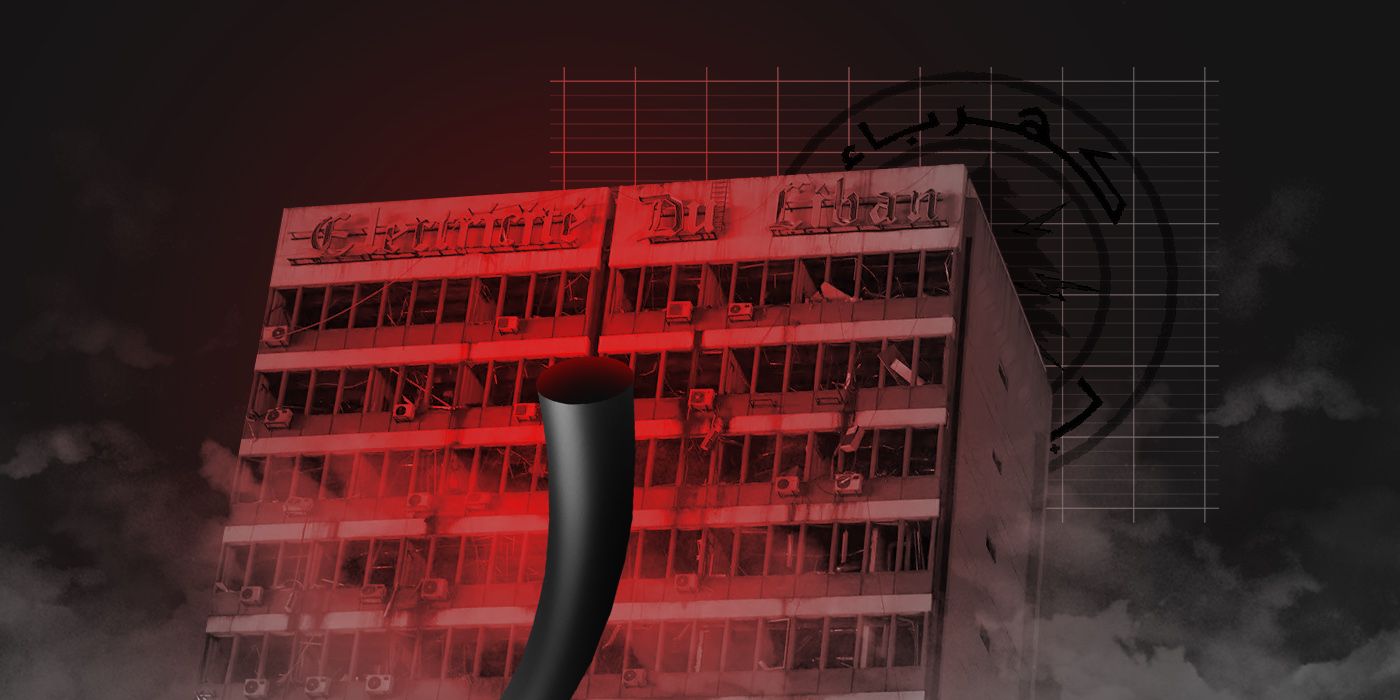- Home
- Highlights
- EDL Crisis: No Power Without a Regulatory Authority

©This is Beirut
Power plant maintenance is resuming, the local fuel market is well supplied, and electricity rationing is beginning to ease gradually. These improvements raise the prospect of an average electricity supply of twelve hours per day. Yet, without activating the Regulatory Authority – mandated by law for more than twenty years – the resolution of the crisis remains little more than an illusion.
Even before Nawaf Salam’s government took office, electricity supply had already reached an average of eight to nine hours per day, varying by region. This progress forms part of the National Emergency Plan (NEP), which replaced the National Plan for the Sustainable Recovery of the Energy Sector. Launched after efforts to secure funding for Egyptian gas and Jordanian electricity imports faltered, the NEP adopts a more pragmatic approach focused on maximizing available resources and rehabilitating infrastructure.
No Fuel Shortage
The Iraqi fuel purchase contract was renewed last February for the fourth consecutive year, securing monthly deliveries of approximately 160,000 tons – up from 125,000 tons previously. Initially negotiated by former Minister of Energy Walid Fayad, the agreement was later formalized by his successor, Joe Saddi.
This partnership operates on a barter system overseen by both governments: Iraq supplies crude oil, which Lebanese power plants cannot use in its raw form. The crude is then sold to third-party companies through competitive tenders, which in turn deliver compatible fuel oil or diesel. Lebanon does not pay in cash but instead provides equivalent services approved by Baghdad, such as medical care, pharmaceutical supplies and educational services. The entire arrangement is managed through a dedicated account at the Central Bank of Iraq.
At the same time, a second commercial contract – also concluded under Fayad – allows EDL to purchase Iraqi crude oil with cash payments funded by revenues collected by the public utility, following an exceptional decision by the Mikati government. This arrangement provides EDL with greater flexibility to procure fuel according to its needs and ensures the continuity and expansion of the energy supply.
Power Plant Maintenance
General maintenance on both units of the Zahrani power plant has been completed, enabling a combined output of up to 450 megawatts.
At Deir Ammar, maintenance has been finalized on one of the two units, while the second is currently undergoing servicing. This work is scheduled for completion by the end of June, which will double the plant’s production capacity from 225 to 450 megawatts.
Contractual disputes with MEP, the operator of the Zouk and Jiyyeh power plants, have been resolved. Both sites resumed operations in December 2024, alongside the launch of a comprehensive overhaul program covering 14 units over 2025 and 2026. At any given time, 13 units will remain operational while one undergoes maintenance, ensuring a consistent production capacity of 250 megawatts fed into the grid.
Including EDL’s hydroelectric production from the Litani River Authority facilities, as well as the al-Bared and Qadisha power plants (which produce between 100 and 150 megawatts), total electricity output will reach approximately 1,250 megawatts. “This translates to an average of twelve to fourteen hours of electricity per day nationwide,” Walid Fayad told This is Beirut.
EDL: No Crisis Resolution Without Regulatory Authority and Private Investment
Despite secured fuel reserves and the gradual resumption of power plant maintenance, a full recovery of the electricity sector remains out of reach. The primary obstacle is the absence of the Energy Sector Regulatory Authority, mandated by Law 462 since 2002.
This institutional void hampers meaningful structural reform, especially as EDL continues to bear responsibility for absorbing nearly a quarter of the “financial gap” that sparked the 2019 crisis.
The establishment of an independent authority – vested exclusively with the power to set official electricity tariffs and oversee private sector participation – alongside private investments, which remain dependent on approval from the international community, is a crucial prerequisite for any sustainable restructuring.
Energy Minister Joe Saddi is actively advancing this dossier in coordination with the Civil Service and the Ministry of Administrative Development to appoint members who meet the required transparency standards.
Until the authority becomes fully operational, EDL’s monopoly will persist, hindering public-private partnership projects and perpetuating the system’s chronic dysfunction and inefficiency.
Georges Frem’s Energy Reform Plan (Early 1990s)
The late Minister Georges Frem, a forward-thinking industrialist, put forward an ambitious plan during President Elias Hraoui’s term. Its key points include:
* Industrial and pragmatic approach: Frem sought to run the energy sector on private-sector principles, gradually opening it up to competition.
* Decentralized production: He supported developing regional thermal power plants (Zahrani, Deir Ammar) with semi-independent management.
* Clean energy and diversification: He planned a transition to natural gas instead of heavy fuel oil, well before it became a widespread concern.
* Public-private partnership (PPP): The former minister sought to attract private investors to fund infrastructure modernization.
* Governance reform: He called for an independent regulatory authority and a phased plan to reduce subsidies.
Unfortunately, the plan was derailed by political resistance, conflicting interests and entrenched patronage networks. It is widely seen as a major missed opportunity.


Comments